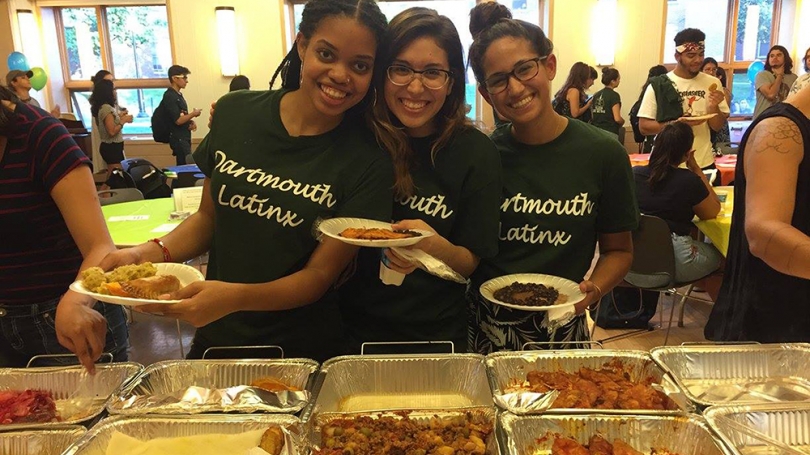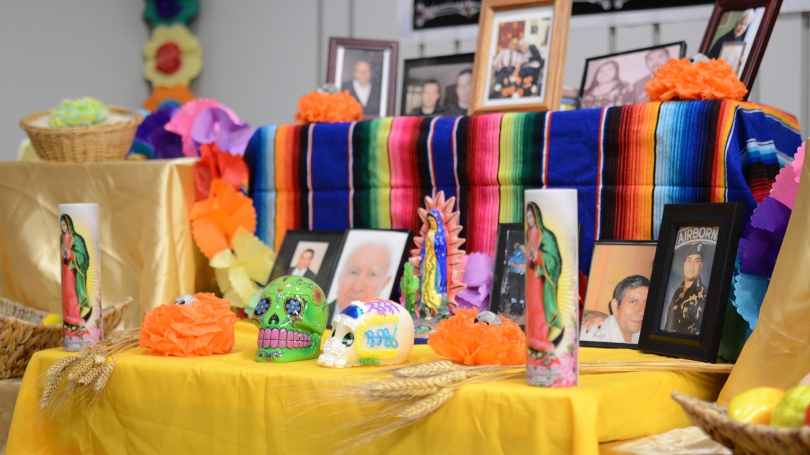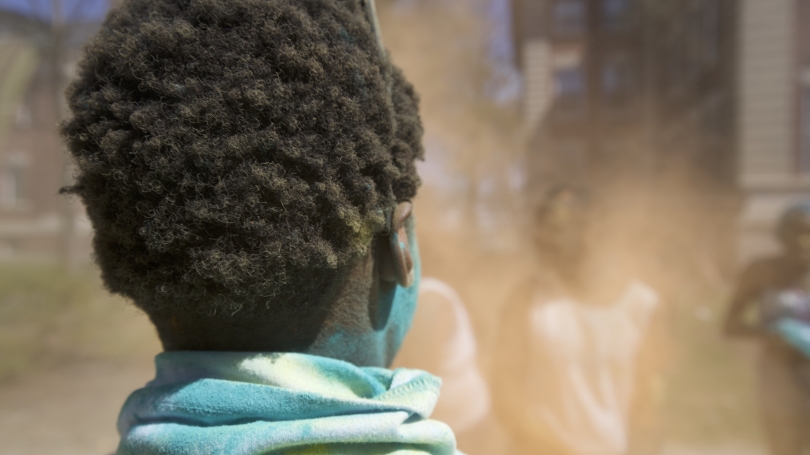Who does "Latine & Caribbean" refer to?
There are multiple terms, often used interchangeably, to describe diverse student communities on college campuses that are descendant of countries located in Latin America. These include- but are not limited to- Latina/o, Latin American, Caribbean, Hispanic, Chicana/o.
Geographically, Latin America consists of countries located in North America, Central America, The Caribbean, and South America.
Latine, is a gender inclusive term where the -e replaces a traditional -a/-o ending and can be pronounced as "lah-teen-eh". Referring to many community members descendant of Lusophone nations in North, Central and South America.
Caribbean is also used as an identifier to distinguish members of the community that are descendant of Lusophone, Anglophone and Francophone nations located in the Greater and Lesser Antilles.
Do I have to identify as "Latine and/or Caribbean" to get involved with the Latine & Caribbean community?
No - while our programs highlight the Latine and Caribbean experience, we welcome anyone who is interested in engaging with these topics, regardless of identity. While OPAL has a strong focus on providing resources and services for Latine & Caribbean students at Dartmouth, we also realize that to best fulfill our mission we must engage and serve all members of our campus community. Learn how to connect with our office through one of our many communities or programs.


